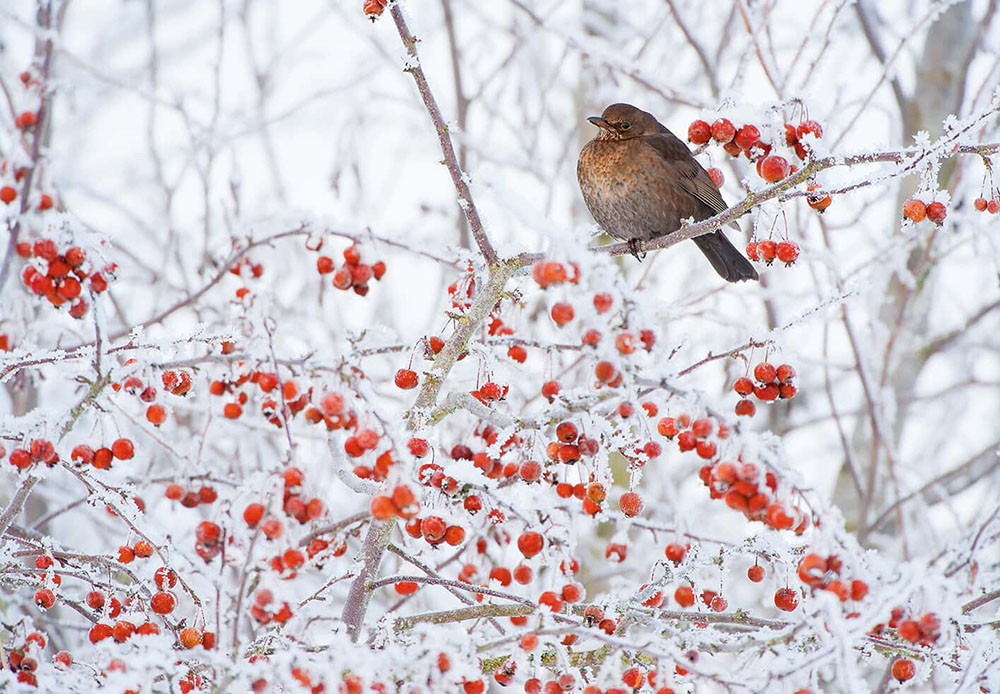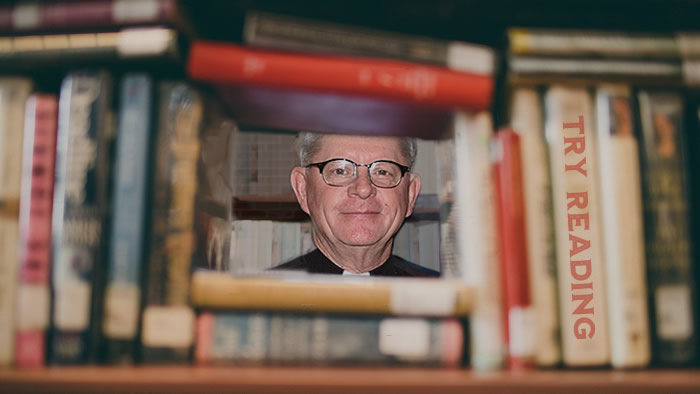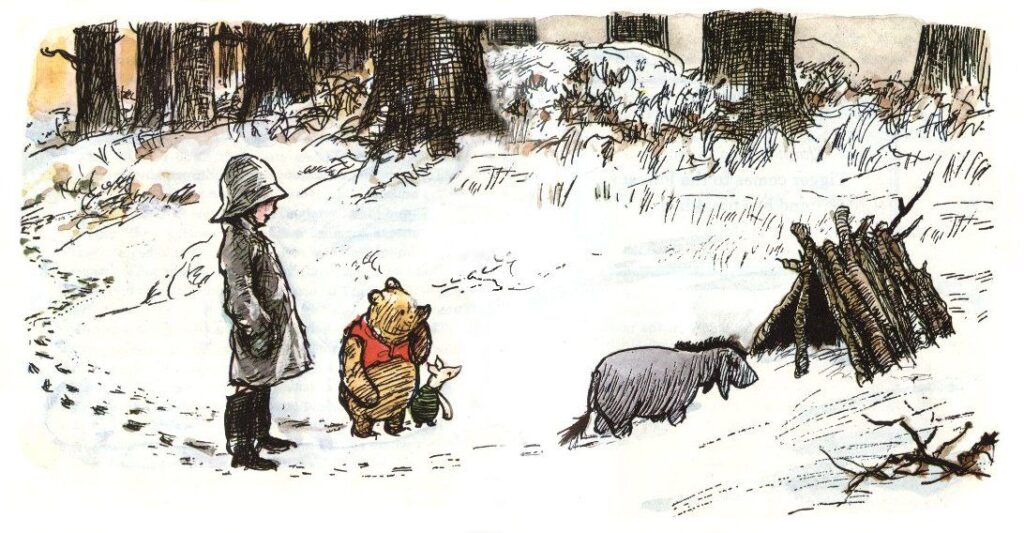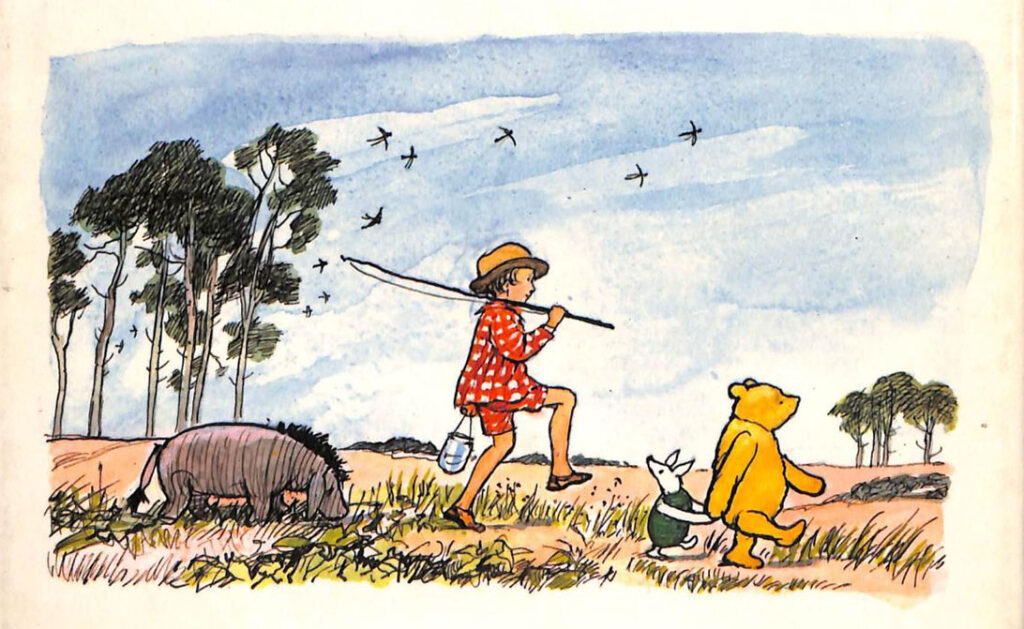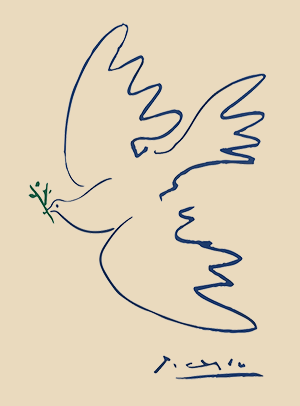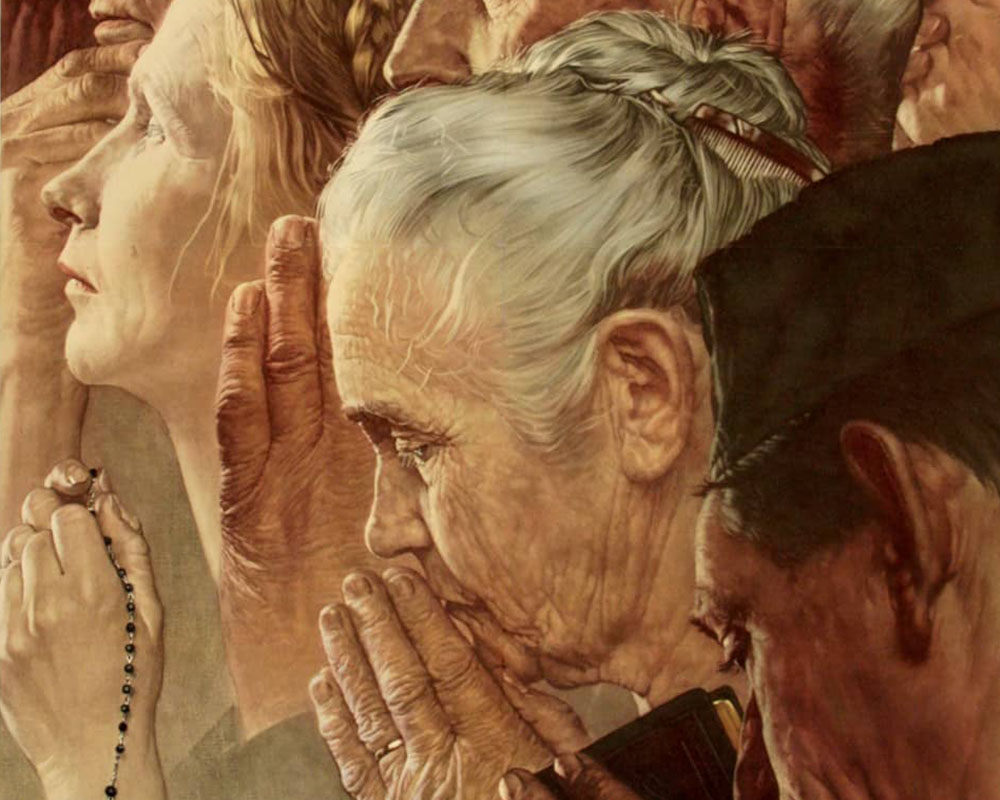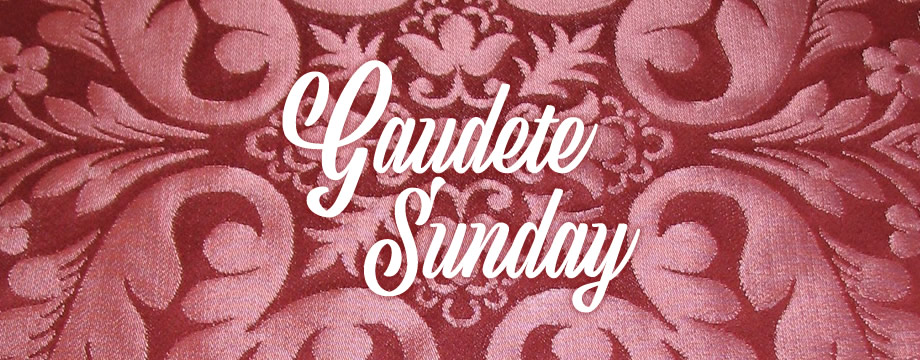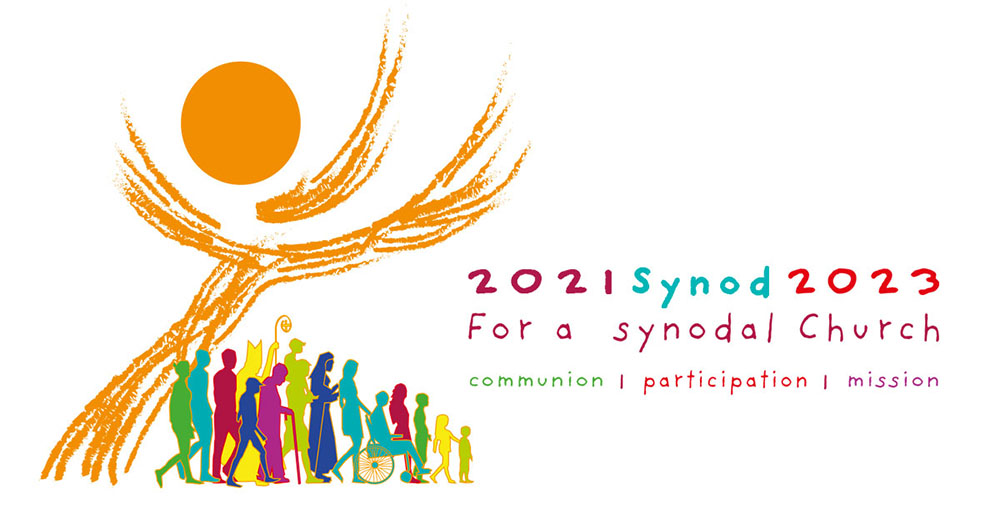
There are 1.9 billion Catholics in the world today. We are the largest religious community in the world. The Church spans the five continents and its peoples possess over one hundred languages. The number of races, cultures and geographies is mind boggling . Yet we are all “One Body, one Spirit in Christ”.
So how does this huge Church keep it all together? How is the Church leadership guided to find the will of Christ for her in the new millennium? These are changing times with many challenges: a world wide pandemic, the scandal of clergy abuse, mass attendance down in Europe and America, a growing shortage of priests, and an overall anxiety about any government’s ability to create a livable society.
Certainly she has the constant aid of the Holy Spirit. The Pope and bishops are graced in a special way to help steer the ship. But how do they hear the Holy Spirit? Do they possess some crystal ball that let’s them see what the Church should be doing in these difficult times?
No one body within the Catholic Church has all the answers. That is why Pope Francis and the bishops would like your help. They want to know what YOU think. You see, within the Church there are different voices. The bishop and priest preach and teach. Theologians delve deep into the mysteries of the Faith. Missionaries bring Christ to foreign lands. Monks and religious orders live lives of prayer. All have a work, a voice, that adds to the mission of the worldwide Catholic Church.
And you friend, what do you have that moves the Church to become like Christ? You have the gift of Faith that makes you a partner in the work of Christ in the world. The Laity, all together, have what theologians call the “Sensus Fidei” (the sense of Faith).
That means you have an intuition, a “right thinking”, about our Catholic Faith. Like a homing device, the faithful have a “Christ thinking” that can guide the Church in each age.
Soooo . . . Pope Francis and the bishops want to know what you think. He has highlighted 10 issues facing the church and society and asked that you pray and reflect on them. Then the Synod invites your response at parish meetings (to be announced) or written (the HT website will show you how to send your thoughts).
Bishop Matano will receive feedback from all the parishes in the diocese and send them on to Washington and from there, with all the other dioceses in the US, to Rome. This enormous amount of feedback will be distilled into the major findings and presented to a worldwide gathering of bishops in Rome, 2023.
It will provide the feedback of the “Catholic People” to the Pope and bishops (the Magisterium) for their consideration, and guidance. Also, for our new bishop, soon to be appointed, it will be of great help in getting to know the mind of the Faithful in the Diocese of Rochester.
Here at Holy Trinity there will be gatherings of various groups and committees to discuss the issues. Already Parish Council and the Senior Ministry met last week to share their thoughts. Parishioners here at HT will be see- ing the issues to be discussed and times and ways to make your comments known. (In the meantime, you can read more about the Synod and the questions it puts forward on our website).
Wonderful things happen when we come together to speak honestly and to really listen. I hope you will consider being a part of the conversation. Stay tuned.
Bless you.
Fr. Tim

